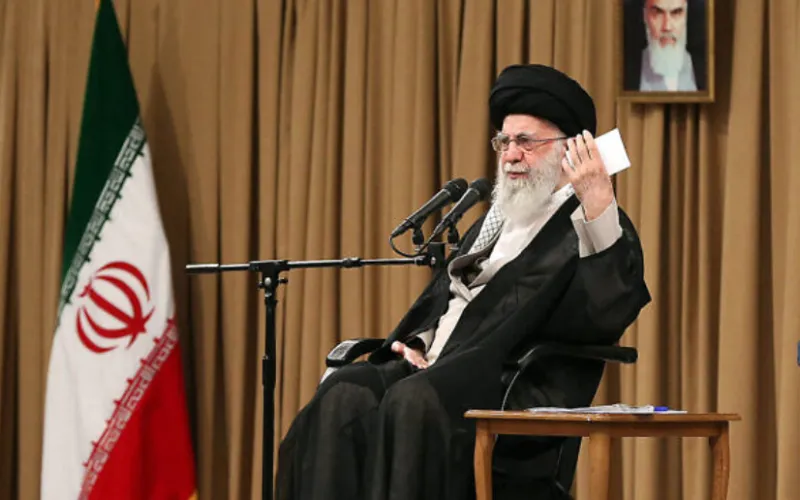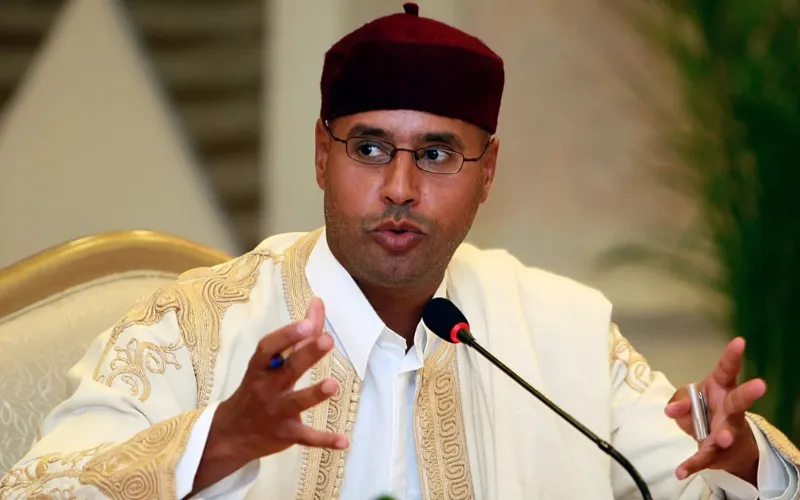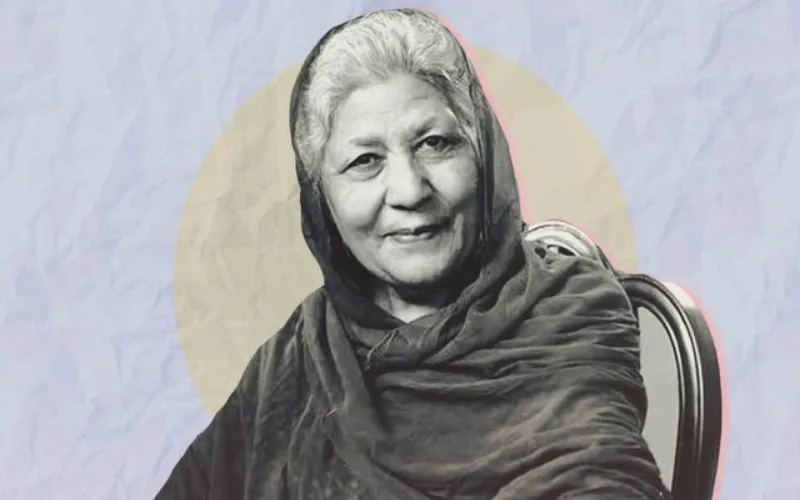THE monsoons came earlier this year. But they were not unexpected.
The very people who had been warning us of a terrible summer with its punishing heat had also cautioned that the rains would come early and would come down hard. And yet, the country continued to be distracted by the usual business of politics.
It is no wonder then that the ferocity of the rains took most of us by surprise in the mountains, in the plains and in the cities — both those we claim are well run and those where the governance crisis is so severe that we discuss it ad infinitum.
Partisan views aside, there is little evidence anywhere of any of the governments — provincial or federal — being prepared to deal with the rage of climate change. In fact, in most places, when nature spins out of control, it is helped in its destruction by the mistakes of governance.
The mistakes have not been addressed even though it has been three years since the super floods of 2022. The havoc that the deluge caused should have convinced us to change our errant ways. But it seems that it has not.
The rains, their pattern, the rising temperatures, even the pollution in winters — how often has everyone been warning about them and about what some of these factors mean for our mountains and glaciers? But governments are said to have encouraged or turned a blind eye to those wielding the axe. According to those who keep an eye on the issue, the rate of deforestation has a direct link with the damage caused in the northern parts of the country.
The mistakes have not been addressed even three years after the super floods of 2022.
Even after the devastation, there is not much discussion of what needs to change. Judging from the actions of those in power to most of the reporting on the issue, there is little effort to understand what has happened. Had it not been for the footage on social media, I doubt most of us would even know about the level of destruction.
Indeed, our reporting and the ensuing discussion are about some missing technology — the early warning system — which got stuck in bureaucratic red tape. That is a story which appeals to us far more than the cutting down of trees in the north.
But I would be wrong to say that this is the only preferred topic. Encroachments are another favourite subject. The encroachments on riverbeds have been a recurring theme since the 2010 floods but neither the people, who have to pay to reconstruct the ‘encroachments’ again and again, or the government, which has to help the people pick up the pieces, makes any difference to the policies or administrations that allow this. Come the next floods, and the hotels by the river will still be there.
Sadly, despite this scenario, prime ministers and chief ministers will only talk about this. Shehbaz Sharif, who mentioned it during his trip to the affected areas up north recently, is no different.
If I make a guess, then encroachments and their removal tend to be a comfortable subject for most of our ruling elite, regardless of party or province. It is somehow linked with their idea of good governance — for instance, bigger, wider roads for cars or the space to build automobiles, as well as their discomfort perhaps with shabby buildings or carts owned by the poor. And because it is easy to implement their words in the case of poor segments, it’s a comforting promise to make.
The idea or notion of encroachments is complex and can also refer to the overreach of the rich, which is easily ignored. Rarely do we refer to the upmarket housing societies built on prime agricultural land as encroachments, or even to expensive homes whose construction involves covering water channels or altering the level of the riverbed.
Indeed, nearly every year, Islamabad is witness to chaos as rainwater makes its way through land where its path has been blocked or narrowed. And yet, the conversation about encroachments for us begins and ends with images of a shoddy hotel falling into a river in the north of the country. Or the cart of the poor person or the shantytowns where migrants live. But be it the environment or security, only some of these ‘encroachments’ are tackled.
All of this happens because none of us want to accept that a large part of this environmental disaster is caused by our development model — be it in the cities or the mountains.
A development model which thinks construction is progress — be it the hotels in the north or big interchanges, wide roads in the middle of cities or sprawling housing societies on their outskirts. Indeed, other than Karachi, no city in Pakistan is trying to encourage vertical growth; it’s far easier to allow property developers to cut down trees, take over agricultural land and build housing societies on it.
Of course, all of this is connected to Pakistan’s population explosion. And this is a topic that we just can’t be bothered to discuss — ever.
All of this ronadhona (and it is little else than lamenting) might sound familiar to regular readers (if there are any) of this space. But it is hard to avoid this as the environmental crisis grows with every passing season and every passing year. In the meantime, it appears hopeful that unlike three years ago, the entire focus of our ruling elite is not to speak of climate justice and ask the world for money to fix this.
Though only time will tell if this relative silence means they are ready to take some responsibility or not — responsibility which moves beyond announcing compensation and then providing it to some extent.
The writer is a journalist.
Published in Dawn, August 26th, 2025





